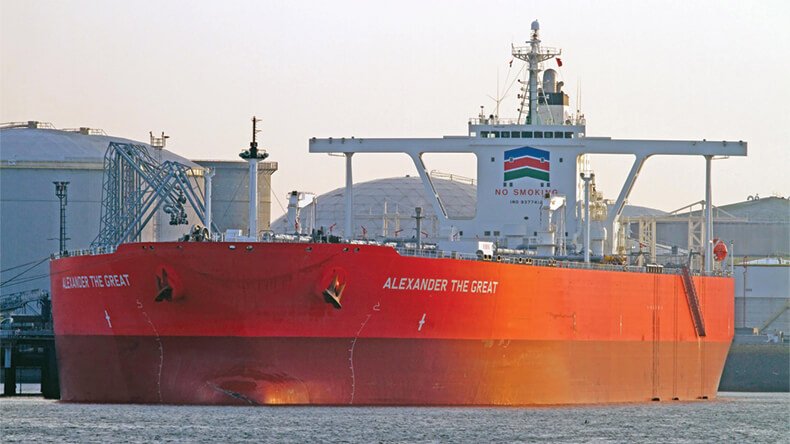Following an attack on the Greek-flagged vessel last week, Yemen’s Houthi group has consented to allow tugboats and rescue ships to access a damaged petroleum oil tanker in the Red Sea. In response to requests from numerous nations, the Houthis implemented a truce to allow safe passage for these oil tankers. The Sounion tanker, transporting 150,000 tonnes of crude oil, poses a substantial environmental threat. It is possible that any prospective leak could become one of the largest in recorded history.
Mohammed Abdulsalam, the spokesperson for the Houthi group, denied the existence of a formal truce despite the humanitarian and environmental concerns that motivated this agreement. He clarified that the group only consented to the transportation of the Sounion after international parties intervened. The Pentagon has disclosed that a third party attempted to dispatch two tugboats to aid in salvaging the tanker earlier this week. However, the Houthis threatened to attack them.
Iran’s UN mission in New York criticized certain countries for their negligence, blaming them for the lack of aid to prevent the Red Sea oil leak. The Sounion, located off the port city of Hodeidah in Yemen, was the target of numerous projectiles last week. The European Union’s mission in the Red Sea verified on Wednesday that no discharge had occurred, despite conflicting reports regarding oil leakage from the ship. According to the EU mission, Aspides, the Sounion is still anchored and not drifting.
The Pentagon reported that the tanker was still on fire and leaking crude in the Red Sea. In November, the Houthis launched drone and missile assaults in the region, claiming solidarity with Palestinians amid the Israel-Hamas conflict.








